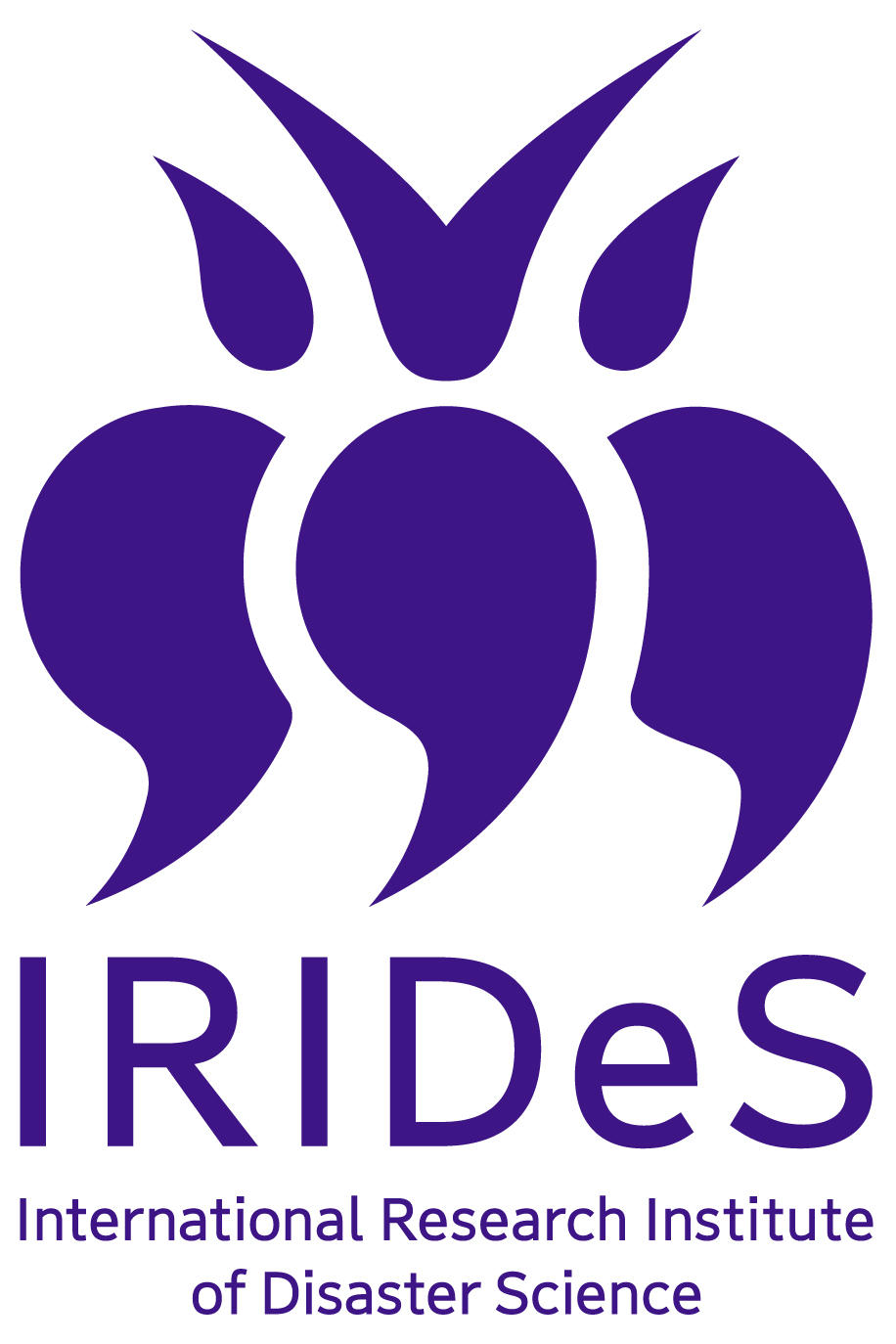 |
International Research Institute of Disaster Science (IRIDeS), Tohoku UniversitySendai |
| Outline Having experienced the catastrophic disaster in 2011, Tohoku University has founded the International Research Institute of Disaster Science (IRIDeS). Together with collaborating organizations from many countries and with broad areas of specializations, the IRIDeS conducts world-leading research on natural disaster science and disaster mitigation. Based on the lessons from the 2011 Great East Japan (Tohoku) earthquake and tsunami disaster, IRIDeS aims to become a world centre for the study of the disasters and disaster mitigation, learning from and building upon past lessons in disaster management from Japan and around the world. Throughout, the IRIDeS will contribute to on-going recovery/reconstruction efforts in the affected areas, conducting action-oriented research, and pursuing effective disaster management to build sustainable and resilient societies, the IRIDeS innovates the past paradigm of Japan's and world's disaster management to catastrophic natural disasters, hence to become a foundation stone of disaster mitigation management and sciences. Mission of IRIDeSDisaster mitigation management aims to reduce or avoid the potential losses from natural hazards, to assure prompt assistance to victims, to achieve rapid and effective recovery, and to build disaster-resilient and sustainable societies, by five stages of the disaster management cycle; Mitigation, Preparedness, Response, Recovery and Reconstruction. The action-oriented research of the IRIDeS is a pursue of each point in the cycle and integrating and universalizing the scientific discoveries to be dedicated to the world. The IRIDeS creates a new academia of disaster mitigation that subsumes the lessons from the 2011 Tohoku earthquake and tsunami disaster and the findings of the world-leading research into our societies with the aim of establishing the social systems responding promptly, sensibly and effectively to natural disasters, withstanding the adversities with resiliency, passing and exploiting the lessons to the forthcoming disaster management cycles. |
|
Members






